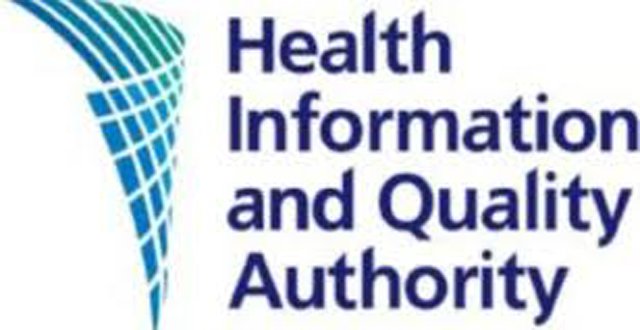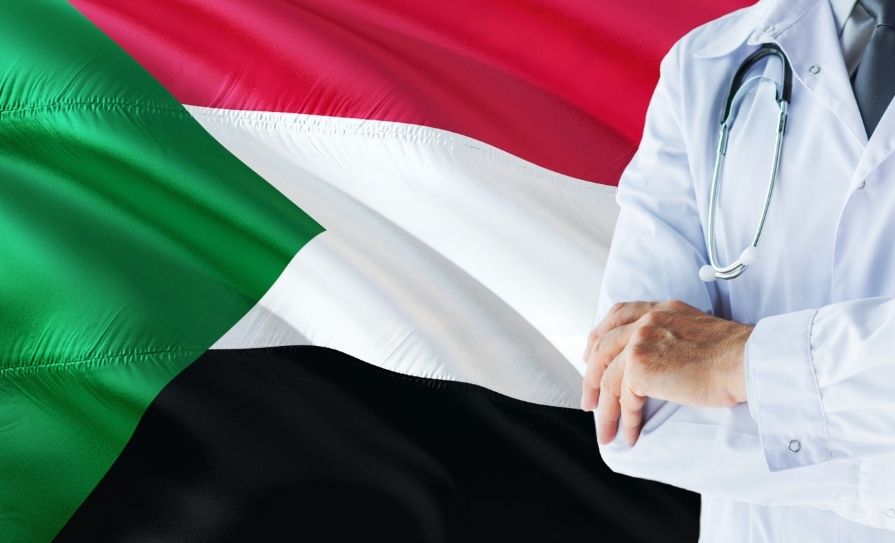HIQA has published two evidence summaries to support the National Public Health Emergency Team’s (NPHET’s) response to Covid-19.
A new report summarises the best available evidence on whether non-contact thermal screening could be used to effectively identify cases of Covid-19. HIQA identified 11 primary studies, three rapid reviews and one systematic review relating to Covid-19 and other respiratory virus pandemics. All studies were conducted in the context of points of entry (for example, airports), so their relevance to other community settings (such as schools) is uncertain.
Mass screening programmes using non-contact devices (for example, infrared thermal scanners) were not found to be effective in identifying infectious individuals and limiting spread of disease. Detection rates were consistently low across studies.
Dr Máirín Ryan, HIQA’s Deputy CEO and Director of Health Technology Assessment, said: “Thermal screening has been used in other respiratory infectious disease outbreaks, such as the 2009 H1N1 influenza pandemic in Asia and Australia, to improve detection and reduce the time to isolation of infected individuals. It typically involves a combination of fever screening, such as temperature testing, alongside self-reporting of exposure risk and or symptoms.
“However, the evidence clearly shows that this type of test is likely to be ineffective in limiting the spread of Covid-19. Thermal screening is noted to be high cost and resource intensive. Detection rates are very low due to large proportion of cases that have no symptoms, are infectious before showing any symptoms or who do not present with fever.”
Also published today, (6 August) HIQA has updated its evidence summary on the immune response, and potential immunity, following infection with Covid-19 or other human coronaviruses.
Dr Ryan continued: “It remains unclear whether long-term immunity to SARS-CoV-2 (the virus that causes Covid-19) is possible. SARS-CoV-2-specific IgG (immunoglobulin G) antibody was detected in nearly all individuals up to three months after they were infected, and over 90 per cent of patients had developed a neutralising antibody response, which protects against viral infectivity. However, a handful of new studies suggest that it may be possible to be re-infected with SARS-CoV-2. HIQA will continue to monitor the evidence on immunity and update our summary as required.”













Leave a Reply
You must be logged in to post a comment.